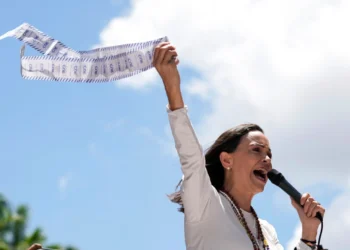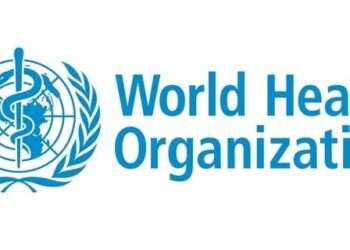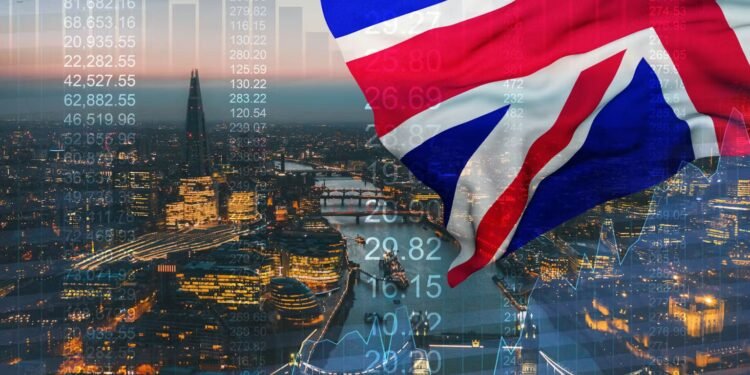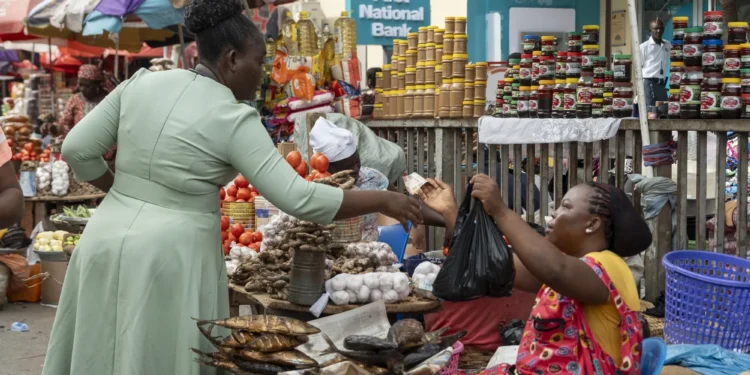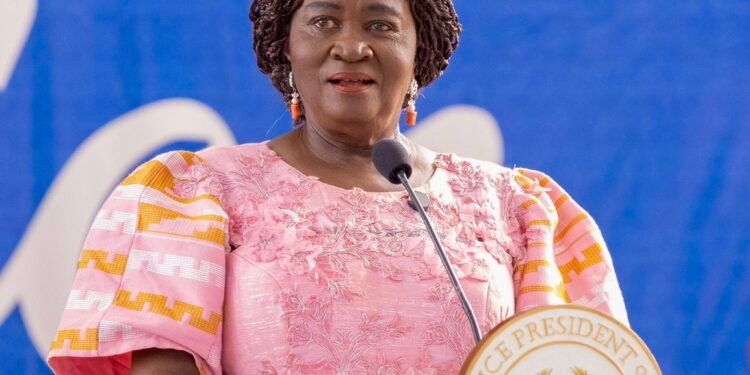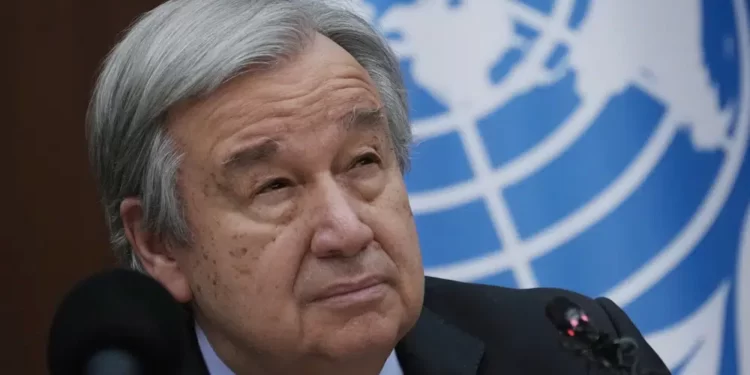Deputy Director-General (DDG) of the World Trade Organization (WTO), Alan Wolff, stated that keeping international markets open to trade is an essential part of the agenda for economic recovery from the COVID-19 pandemic.
He made this known in a virtual GLOBSEC 2020 Bratislava Forum on 8 October 2020. DDG Wolff indicated that the WTO’s contribution to the recovery would be substantially enhanced if members take forward the ongoing process of systemic reform. His remarks are below.
According to him, the unprecedented fiscal and monetary action has helped mitigate the pandemic’s economic impact by providing very substantial support to incomes and consumption and stabilizing financial markets. Without these steps, he stated, the contraction in output and trade would have been much worse.
He however warned that, public authorities must be careful not to cut off the flow of funds too soon. DDG Wolff explained that the IMF has urged governments in a position to do so to ramp up public investment, funded by borrowing if necessary, to create jobs and lay the foundation for greener growth and higher productivity. By increasing confidence, such spending would catalyse increased private investment, spurring growth and reducing debt burdens.
DDG Wolff believed that keeping international markets broadly open to trade is an essential part of this recovery-oriented agenda. Trade according to him, enables the productivity gains that come from increased specialization and scale.
“An open, transparent and predictable trading system would reduce uncertainty for businesses, encouraging increased investment. This is good not just for the cross-border movement of goods and services, but of ideas and technology.
“Trade and trade policy are also playing direct roles in countries’ responses to the pandemic. Our new trade data shows that trade in personal protective equipment (PPE) recorded explosive growth, up 92% in the second quarter compared to the year before – 122% if we compare May of this year to May 2019.
“Trade has contributed to meeting skyrocketing demand for essential goods”.

DDG Wolff further stated that, early in the outbreak, a number of jurisdictions introduced export bans on medical products and even food. The WTO has been tracking COVID-related trade measures as part of our mandate to promote transparency in international trade.
He added that the WTO’s monitoring efforts showed that the trade restrictions were quickly joined by measures to facilitate imports of key supplies. These included lowering tariffs and other taxes on such as PPE, sanitizers, disinfectants, medical equipment and medicines, as well as simplifying customs procedures and documentation requirements; establishing priority channels; and cooperating on customs and regulatory approval.
Speaking on the removal of COVID-19 related restrictions on trade, DDG Wolff said;
“Of the several hundred COVID-specific measures compiled from February through the end of August, nearly two-thirds were trade facilitating.
“Many of the early export bans have been repealed, particularly with respect to food as global supplies of cereals are strong. About 22% of all of the pandemic-related trade-restrictive measures implemented by G20 economies have been removed”.

He suggested that the trading system can and must respond to these changes;
“A robust and timely response is needed both for the wider goal WTO reform for a broadly open, rules-based global economy, and for the narrower issue of access to essential products in a time of crisis.
“Several governments have put forward ideas for how agreements at the WTO could help keep supply lines for essential goods open and responsive. The WTO was created to facilitate international cooperation, transparency and rules-based frameworks for international trade”.





